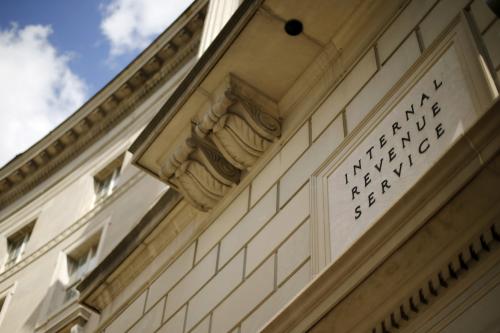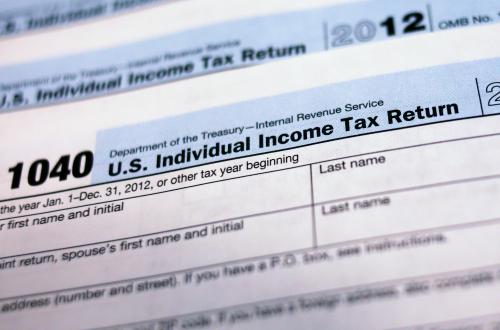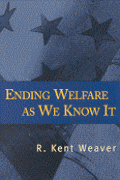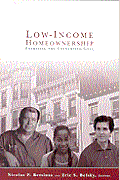Hey taxpayer: do you think your taxes are fair? Are you sure?
It turns out, when you ask people about the fairness of their taxes, it sometimes does not take much to change their minds.
Working with the news site Vox, the Tax Policy Center ran an experiment testing whether certain kinds of information about the tax code changed their readers’ opinions about taxes. Vox readers had the chance to take a short quiz that tested their tax knowledge. But, at random, different readers were presented with different sets of questions. Some readers saw questions about taxes that are expensive for high-income people, while others saw questions about taxes that are expensive for low-income people. A third group saw questions about ways high-income people can avoid paying much in taxes, and another group saw questions about parts of the tax code that reduce taxes paid by low-income people.
It turns out that having their attention drawn to certain parts of the tax code substantially changed participants’ views of tax policy… and even their opinions about the fairness of their own taxes. In some cases, which questions respondents answered shifted their average opinions by more than ten percentage points. Our new Tax Policy Center paper, released today, reveals the full results.
In short, here’s what we learned:
- First, tax facts mattered. Having one’s attention drawn to particular aspects of the tax code significantly shifted respondents’ attitudes about who should pay more or less in taxes, and even changed respondents’ perceptions of the fairness of their own taxes.
- Second, taxes on the poor mattered most. Thinking about taxes paid by lower-income people had a larger impact on attitudes than thinking about taxes paid by upper-income people.
- Third, “fairness” works like a see-saw. If the amount of taxes paid by individuals at one end of the income spectrum seemed too high, respondents concluded that the amount paid by people at the other end of the spectrum must be too low. For instance, drawing respondents’ attention to high taxes on the poor made them especially likely to think the rich are not paying enough, and this effect was at least as large as when they were encouraged to think directly about low taxes on the wealthy.
- Finally, ignorance might be bliss. Answering any questions about tax policy lowered the respondents’ sense of the fairness of their own taxes—even when they answered the questions correctly.
These results are definitely not the final answer to what matters for Americans’ sense of tax fairness. First of all, Vox readers are an unusual group. For instance, the participants held more progressive attitudes about taxes than the average American, and given that they chose to take a quiz about taxes, they were likely more politically engaged that most people. In the coming months, we’ll be conducting additional experiments along these lines in a nationally representative sample, to see how those results compare—stay tuned for those results.
But this experiment does tell us something important. We found that even among a politically engaged audience—an audience who cares enough about tax policy to volunteer for a tax knowledge quiz—a different policy focus had a meaningful effect on their opinions. As Congress and the White House now pivot to the Republican tax reform agenda, news coverage is likely to have a substantial impact on public perceptions. Unlike our quiz, that will probably include a lot of misinformation. Sadly, that misinformation will probably take a substantial toll on public understanding of this crucial issue.
For an in-depth explanation of our experiment and findings, please see the full report, What Makes Taxes Seem “Fair”?, available now.










Commentary
Are your taxes “fair”?
March 29, 2017